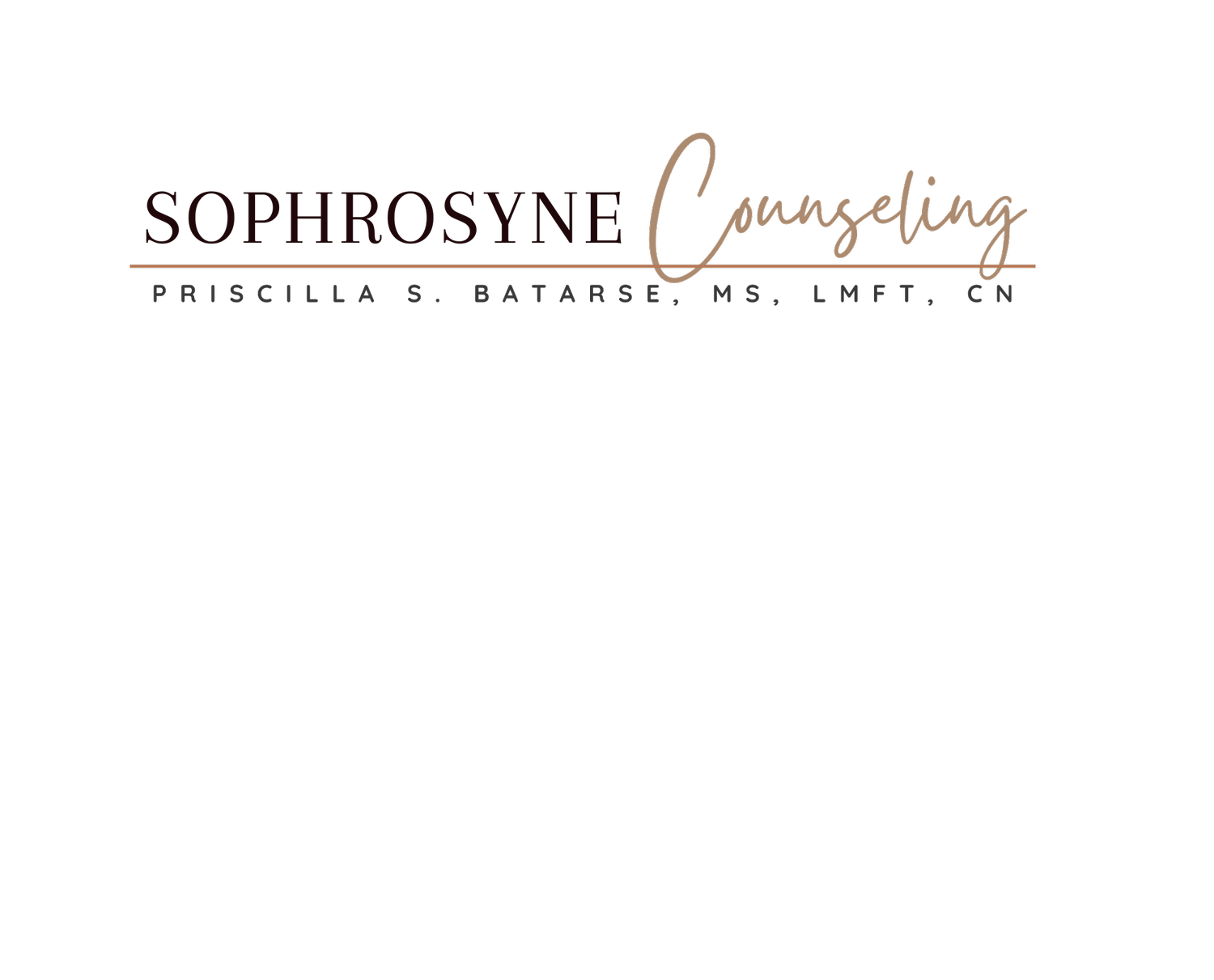Cultivating Connection During COVID-19
One of the most considerable psychological impacts we see amid COVID-19 is this disruption of connection. We were built for connection. I know this sounds cliche, but we sometimes forget how true this is. We are designed for connection and relationships; it is one of the most powerful predictors of our well-being.
The longest-running study in the history of the social sciences (The Grant Study out of Harvard) tracked people for about eight decades and had an ambitious goal in mind. They wanted to figure out the most powerful psychological habits and predictors of positive outcomes, both physically and emotionally, in the latter decades of life.
Researchers looked at tons of different variables. What predicted flourishing, thriving, longevity, health, joy, and happiness in the later decades of life, when it was completed, was summed up with a simple phrase: Happiness Is Love Full Stop. The researcher described that their findings suggested that the most predictive factor for positive psychological and physical health across the lifespan was the quality of our closest social connections, not the quantity, but the quality of those closest relationships.
There is a ton of data that speaks to the impact of psychological wellbeing, longevity, physical health, and many more. As you can see, relationships matter more than we ever knew.
We can also say that we live in the loneliest time in human history. Large-scale surveys conducted by the Harris Survey Group and Gallup Organization have found that people living in the United States have never been lonelier at any point on record than now during COVID-19.
What this means is, we as social creatures, who rely on the connection for wellbeing in ways we don't even quite realize much of the time, have never felt more distant, and have never felt more isolated than we do now.
Our Brain and Body on Connection
Poor Social Support Linked To:
Activation of the pain centers of our brain
Cingulate gyrus activation in social pain experiences
Increased activation of the amygdala
Telomere shrinkage (Epel, 2009)
Cortisol dysregulation
Seeing others’ pain activates our pain centers (Botvinick, 2005)
Substance abuse
Depressive symptoms
Suicidal ideation
Poorer cognitive performance
Impaired executive control and self-regulation
Lower levels of self-rated physical health
Good Social Support Linked To:
Decreased cardiovascular reactivity (Lepore, 1993)
Decreased blood pressure (Spitzer, 1992)
Decreased cortisol (Kiecolt-Glaser, 1984)
Improved immune system functioning (Cohen, 2003)
Slows cognitive decline (Bassuk, 1999)
Vagus nerve stimulation
Increased release of oxytocin
Increased serotonin, dopamine
According to research summarized in "Loneliness: Human Nature and the Need for Social Connection" by John T. Cacioppo and William Patrick, there is empirical evidence that loneliness may:
Increase vulnerability to other stressors
Cause a more intense reaction to negatives
Reduce the emotional boost of positives
Contribute to greater feelings of helplessness and threat
Decrease sleep quality,
Diminish willpower to exercise and eat healthily
It is really about our perception of connection, not how many hours in a day we spend with people. During a time like this, it’s more of a question of “how do I feel close?” We need to find ways to feel safe and connected.
Here are some ways to get there
Shifting our mindset from “Social Distancing” to “Physical Distancing.”
Leveraging technology maintains social contact, which many of us are doing (Facetime, Skype, Zoom).
A reminder that feeling connected matters more to health and well- being than the amount of contact
Fostering Loving-Kindness
Expressions of Appreciation
Who can I get support from?
Who do I need to take space from?
Who can I reach out and connect with?


